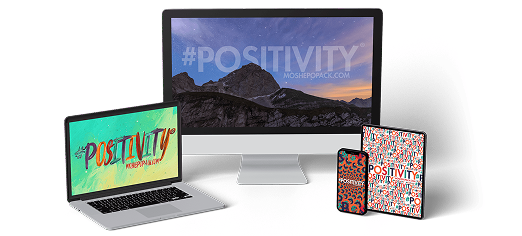The market in real estate is fearful. But as I told my guys the other day, the next two years is THE BEST buying opportunity! There’s much less competition, and you can get things for cheap. Here are some additional, and incredibly important, factors to consider when deciding if you should buy real estate.
Perhaps most importantly, your budget is something that must be considered. Be realistic about what you can afford. Consider the purchase price as well as ancillary costs like property taxes, insurance, and maintenance. Creating a robust budget will help you avoid the heartache of falling in love with a home that you just can’t afford.
Location – as you have no doubt heard – is also critically important. The neighborhood you choose can have a profound impact on your daily life. Among the factors worth considering are proximity to work, schools, public transportation, and amenities. Make sure to research the neighborhood’s safety as well as any future development plans to ensure it syncs with your lifestyle and long-term goals.
Think about the home’s layout and how it aligns with your current and future needs. If you’re planning to expand your family or work from home, having extra rooms or office space might be critical. But, if you’re an empty nester, a more manageable space might be the ticket to easy living.
A thorough home inspection can reveal potential issues that might not be evident at first and save you a ton of heartache down the road. From plumbing and electrical systems to the roof and foundation, knowing the condition of the home can save you from unpleasant surprises and undue financial strain.
Speaking of the future, consider the home’s resale value. While it’s your dream home for the moment, you may need to sell it someday. Look at the historical appreciation of the area and assess whether the property is likely to hold or increase its value over time.
Next, consider the mortgage. Understanding the interest rate, loan duration, and any potential hidden fees is crucial. Make sure the mortgage you secure fits your financial strategy and doesn’t become a burden in the long run.
Functionality may not be glamorous, but it’s important. Consider the practical aspects of the home, like the flow of the living spaces, natural light, and storage. A well-designed home can enhance your daily life and contribute to your happiness.
Lastly, trust your instincts. If something about the house just doesn’t feel right, then it probably isn’t. Take your time, weigh your options, and don’t feel like you need to make a rash decision. Buying a home is a significant chapter in your life, and it’s worth the effort to make sure it’s the right choice.

